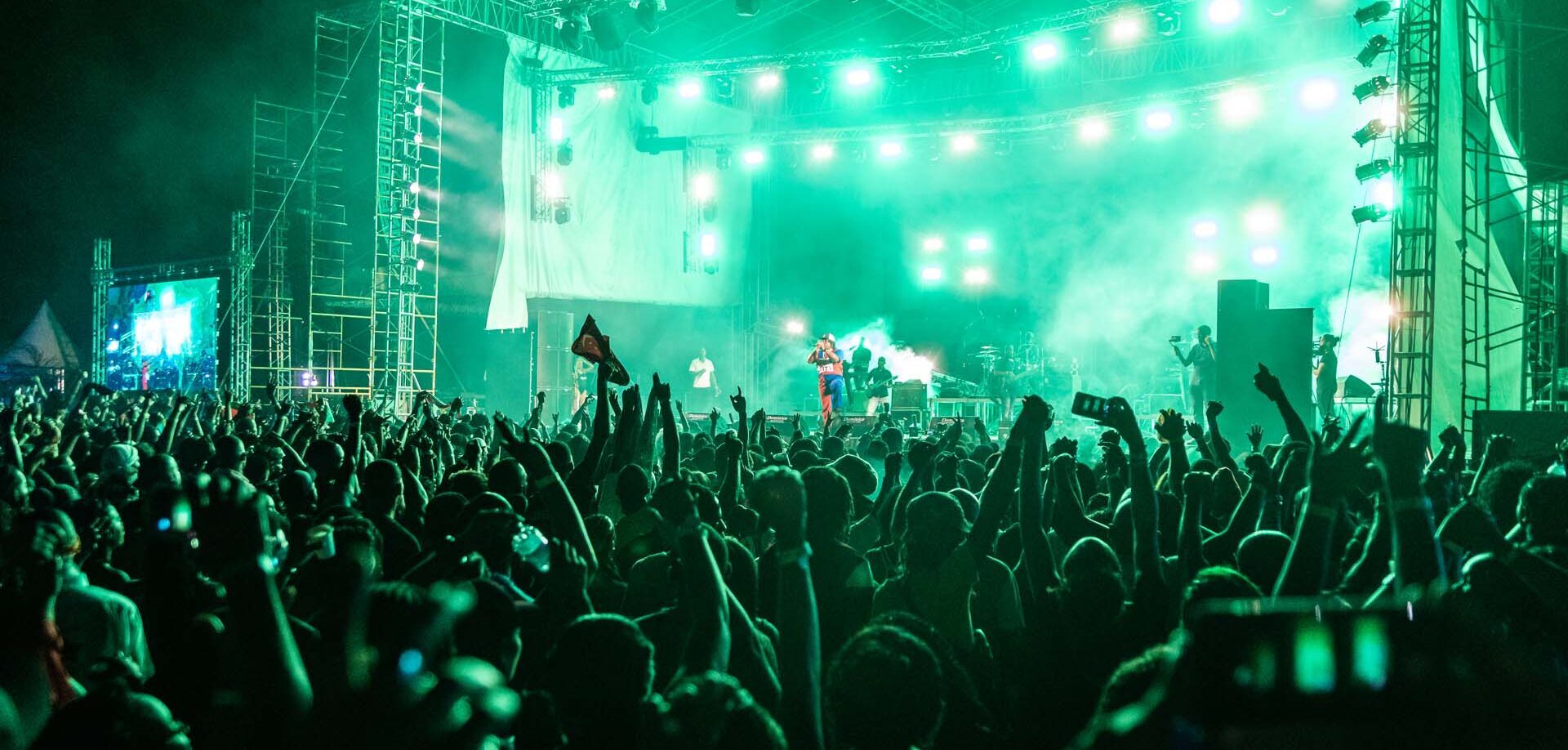The World Creole Music Festival, a cornerstone of Dominica’s cultural identity, recently celebrated its 25th anniversary, marking a significant milestone in the island’s cultural evolution. This premier event has solidified Dominica’s reputation as the Caribbean’s hub for Creole music and heritage, blending rhythm, language, and identity into a vibrant celebration that resonates both locally and globally.
The festival’s origins trace back to 1995, when the United Workers’ Party (UWP) government revitalized the vision for a cultural festival. The National Development Corporation (NDC) board, under the leadership of Chairman Oliver J. Seraphin, played a pivotal role in establishing the Cadence Festival, later known as the Cadence-Zouk Festival. Key contributors included prominent figures such as McCarthy Marie, Stanley Georges, and Sobers Esprit, who worked tirelessly to bring the festival to life. The establishment of the Dominica Festivals Commission in 1996 further institutionalized the event, ensuring its long-term success.
Over the years, the World Creole Music Festival has grown into a cultural phenomenon, attracting thousands of visitors annually and significantly boosting Dominica’s hospitality sector. Beyond its economic impact, the festival serves as a platform for preserving and promoting Creole music genres like Cadence-Lypso, Zouk, and Bouyon. It also fosters unity among Dominica’s diaspora and strengthens regional cultural ties.
As the festival looks to the future, there is a renewed focus on expanding its global vision. Proposals include incorporating Creole crafts, culinary showcases, and artisan markets to deepen its cultural reach. The event stands as a testament to collaboration, creativity, and community spirit, celebrating the shared identity of Creole communities worldwide.
Oliver J. Seraphin, a key architect of the festival, reflects on its legacy: ‘The World Creole Festival was born from a shared vision — to honor the richness of Creole culture and position Dominica as its global stage. Its legacy belongs to the people, artists, and visionaries who continue to nurture its spirit.’
